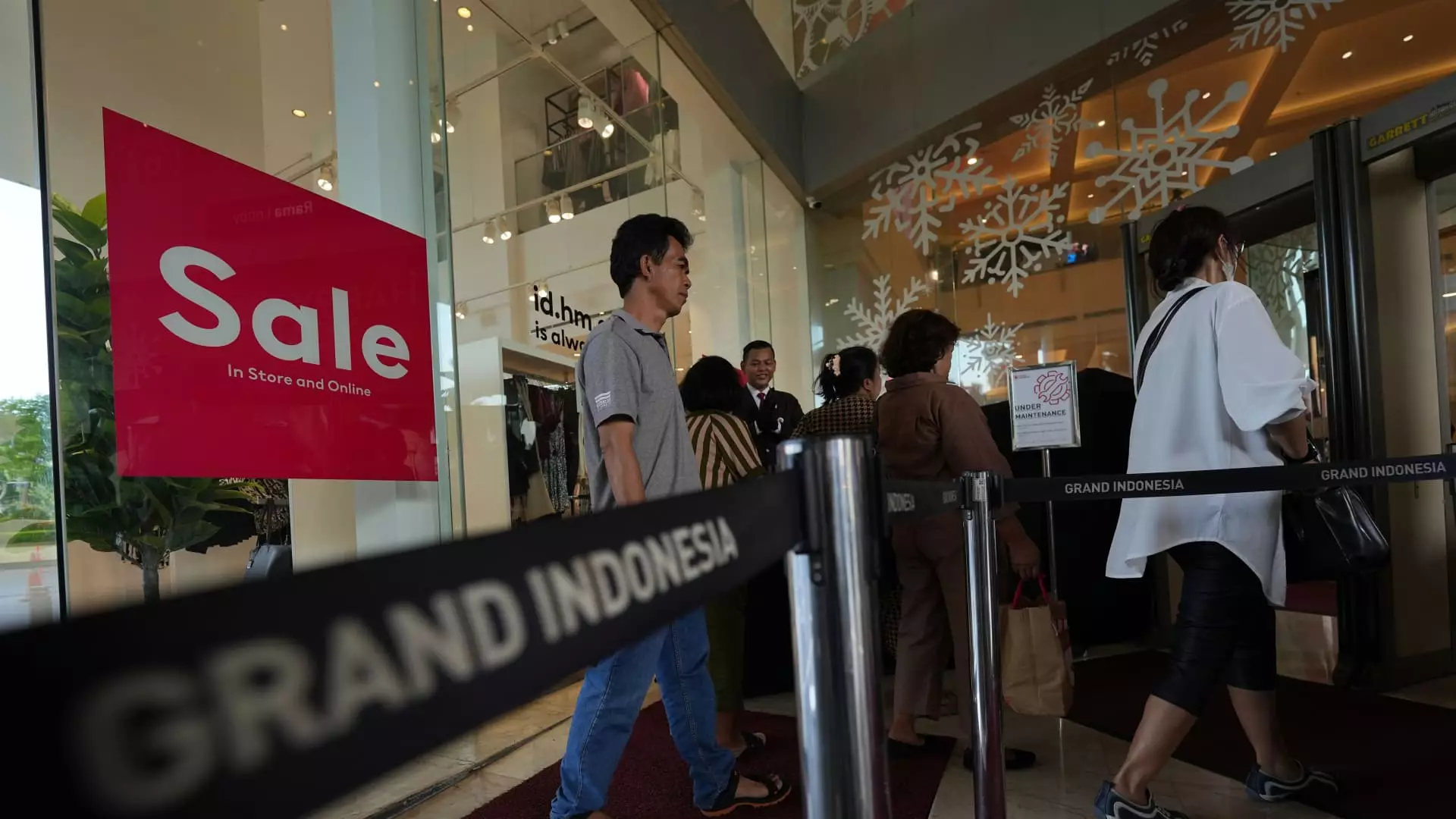In a significant development for the Southeast Asian smartphone landscape, Honor, the spinoff from Huawei, has announced its intent to launch smartphone sales in Indonesia by the end of March. This move comes in the backdrop of Indonesia’s unique market regulations that have effectively prohibited Apple from introducing its latest iPhone model, the iPhone 16, due to stringent domestic production requirements. Underlying Honor’s strategy is a profound recognition of Indonesia as a key player in the smartphone segment, driven by a rapidly growing economy and an expanding consumer base.
Indonesia’s regulations mandate that at least 40% of a smartphone’s components must be sourced locally. This requirement has posed significant challenges for international companies, notably Apple, which is reportedly in negotiations worth $1 billion to find a solution. This creates a distinctive opening for Honor, a brand that is already nuanced in its approach, as it embarks on offering a new selection of devices tailored specifically to this market.
Analysts, including Canalys’ Chiew Le Xuan, have highlighted Indonesia as a substantial growth hub in Southeast Asia, noting that the nation accounts for approximately 35% of the smartphone shipments across the region. The country’s burgeoning middle class and its position as the fourth most populous nation globally indicate immense potential for sustained growth within the technology sector.
Honor’s strategies include establishing partnerships with local manufacturers to ensure compliance with Indonesia’s requirements while simultaneously fostering local economic growth. Justin Li, President of Honor’s South Pacific operations, revealed plans to introduce ten products within the medium to high-end price range, including a folding smartphone, setting the stage for a diverse product lineup.
The company is poised to expand its offering to around 30 products within the year, which will include both smartphones and tablets. This multi-faceted approach is designed not only to cater to high-end buyers but also to tap into the significant market segment that consists of devices priced below $200, which currently dominates 80% of the Indonesian market.
Honor will be entering a fiercely competitive arena where established players like Oppo, Xiaomi, and Transsion already hold significant market shares. According to Canalys, these brands led the smartphone shipments in Indonesia as of November, with Oppo even choosing the country as the global launch site for their flagship Find X8 device. Honor’s arrival, while representing a fresh response to evolving consumer demands, will also necessitate innovative marketing and pricing strategies to carve out its own niche.
Additionally, the brand’s decision to establish a local retail presence, planning to open at least 10 stores across Indonesia, echoes a thoughtful approach to build brand recognition and accessibility. By fostering local employment and hiring a mainly Indonesian staff, Honor seeks to not only comply with regulations but also to deepen its community ties and enhance consumer trust.
Despite the challenges faced in navigating initial market entry, Honor remains optimistic. The independence of its decision to enter Indonesia, distinct from Apple’s absence, showcases a proactive strategy monitoring market trends and consumer preferences. With recent reports indicating that over half of Honor’s sales now originate from international markets, the brand is on a trajectory toward significant growth, with sights set on future public offerings.
As Honor positions itself amid rising competition, its success will hinge on effective localization, strong marketing, and a deep understanding of consumer needs within Indonesia’s unique economic environment. The road ahead may be fraught with obstacles, yet the company’s commitment to establishing a robust presence could herald a new chapter in Indonesia’s smartphone revolution while simultaneously changing the dynamics of the Southeast Asian tech landscape.

